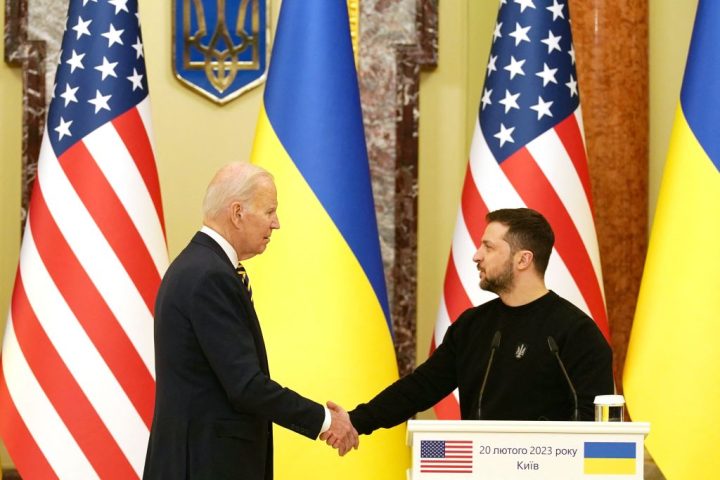The news this week that Republicans in the US Senate had voted together to block a supplemental funding bill that included provision for $61 billion for Ukraine was greeted with predictable dismay in Kyiv and glee in Moscow.
Ostensibly this was a bid to force the White House into prioritising more spending on securing the Mexican border.
Already a subscriber? Log in
Subscribe for just $2 a week
Try a month of The Spectator Australia absolutely free and without commitment. Not only that but – if you choose to continue – you’ll pay just $2 a week for your first year.
- Unlimited access to spectator.com.au and app
- The weekly edition on the Spectator Australia app
- Spectator podcasts and newsletters
- Full access to spectator.co.uk
Or




















Comments
Don't miss out
Join the conversation with other Spectator Australia readers. Subscribe to leave a comment.
SUBSCRIBEAlready a subscriber? Log in